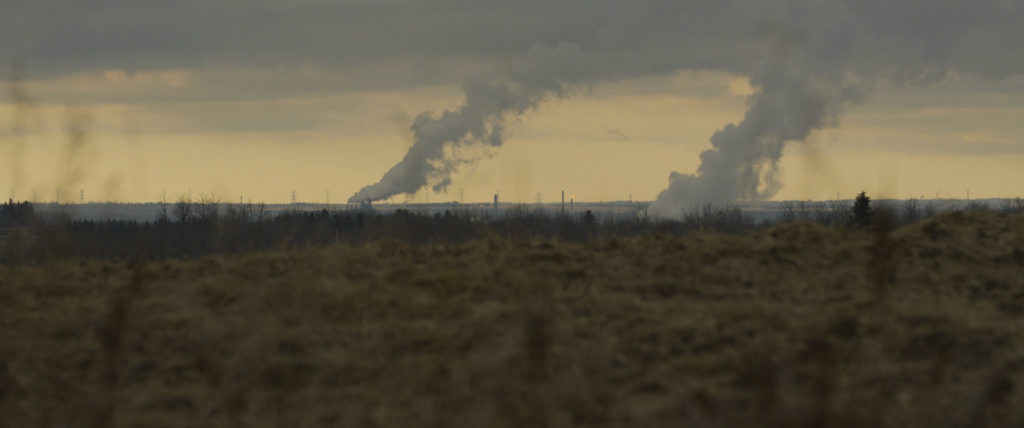
Born in amiskwaciwâskahikan (Edmonton, Canada), Jonathon Adams is a Two-Spirit, nêhiyaw michif (Cree-Métis) baritone. They are based between tio’tia:ke (Montréal) and Amsterdam, and study singing with Acadian soprano, Suzie LeBlanc. Jonathon is a Britten-Pears Young Artist and a fellow of the Netherlands Bach Society.
Here Jonathon discusses growing into their Indigenous two-spirit identity, and what it means to gather around the Refiner’s Fire in Messiah/Complex.
“Although I was always aware of where I was from— that I was Indigenous— I didn’t really have the tools to explore what that meant, or access to that community, until my early 20s. That’s when I started learning what it means to be Cree and Métis. And that lead to what it means to be close to the art of the Cree and Métis.”

“I was adopted at birth by my parents, both of white-settler descent, and later understood that my biological family is a mix of Cree, Métis and European descent. Growing up, I wasn’t really connected to that side of my identity—but I was encouraged to explore music and culture. My adoptive grandmother was a ballerina with the Royal Winnipeg Ballet, and my adoptive family was supportive of my interest in classical music.”
“My biological mother comes from the Big Stone Cree Nation, in Treaty 8. She was forced off her land, and into foster care.” Jonathon later learned that their mother, uncles and grandfather were all passionate singers.

“I think it’s taken me a while to reconcile what it means to be two-spirit in the context of my history. I’m always looking for historical context: The fact that there’s been two-spirit and queer identity in Indigenous society, as long as that history exists has bolstered my own understanding of what it means to be two-spirit. It’s a form of resurgence in itself, to understand this is part of my identity—a complex identity. Two-spirit is a relatively new pan-Indigenous term but it represents what many nations knew, and held space for—a non-binary identity that exists.”
“One of the things that was really meaningful to me was working with Renelta Arluk to stitch my queer identity into this film. My portion of Messiah includes the Biblical text “For He Is Like A Refiner’s Fire.” I’m from Alberta, so we started with the concept of refinery—associated with resource extraction. We created a character who is a refinery worker—and after work, as he comes back onto his land, which is a place where he feels safe, and he builds a fire for himself—contrasting the fire of industry he works with at the refinery. And then, I emerge.”

“Eventually, in the film, it becomes clear that the refinery worker and this two-spirit figure are connected—and as the worker comes closer, we embrace. The imagery matches well with the music, and has a powerful harmonic and emotional rhythm. It’s also a commentary on what it means to be two-spirit and Indigenous in Alberta.”
“In the film, I’m a representation of the forest, of the land, and being from the land— a timeless being. That’s what I think of when I think of my own two-spirit identity—a feeling of oneness with nature, with the land and the water. Historically two-spirit people were medicine people. They carried out ceremonial functions, in many nations they were respected as knowledge keepers, and associated with wisdom. We wanted to explore that in a visual way, with a ceremonial quality.”
Thank you to Jonathon Adams for contributing their artistic voice and being a part of this project. Jonathon’s performance has generously been supported by Andrew Gillespie.
Follow Against the Grain Theatre on Facebook, Instagram, and Twitter for up-to-date news about Messiah/Complex.
